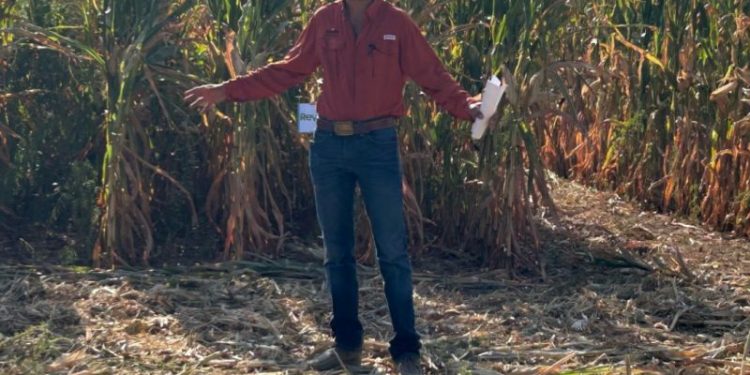Unpredictable Weather Patterns Disrupt Vegetable Production Across Poland
Poland’s 2024 field vegetable harvest has been severely affected by a year of volatile and extreme weather conditions. Reports indicate that a combination of excessive moisture, droughts, frost damage, and extreme temperatures has caused significant disruptions across the agricultural sector.
Early in the growing season, the country experienced unusually heavy rainfall, which led to waterlogged fields and increased disease pressure. This was followed by a period of severe drought that stunted the growth of many vegetable crops. The situation was further compounded by unexpected frost events and temperature fluctuations, which damaged tender crops and hindered their development.
The impact on major crops has been profound. Farmers are reporting lower yields and reduced quality in vegetables such as carrots, potatoes, and cabbages. The adverse weather conditions have not only affected crop production but also led to difficulties in harvesting and increased operational costs.
In response to these challenges, Polish farmers and agricultural experts are exploring strategies to mitigate the impact of future weather extremes. These include adopting more resilient crop varieties, improving soil management practices, and investing in advanced irrigation systems.
Despite these efforts, the 2024 harvest is expected to fall short of previous years’ levels, creating potential shortages in both domestic markets and for export. The agricultural sector is bracing for higher prices and reduced availability of field vegetables as a result.
As Poland navigates through this challenging year, the focus remains on finding solutions to adapt to the increasingly unpredictable weather patterns. The experience underscores the need for continued investment in agricultural resilience and climate-smart practices to safeguard future vegetable production.
Error




